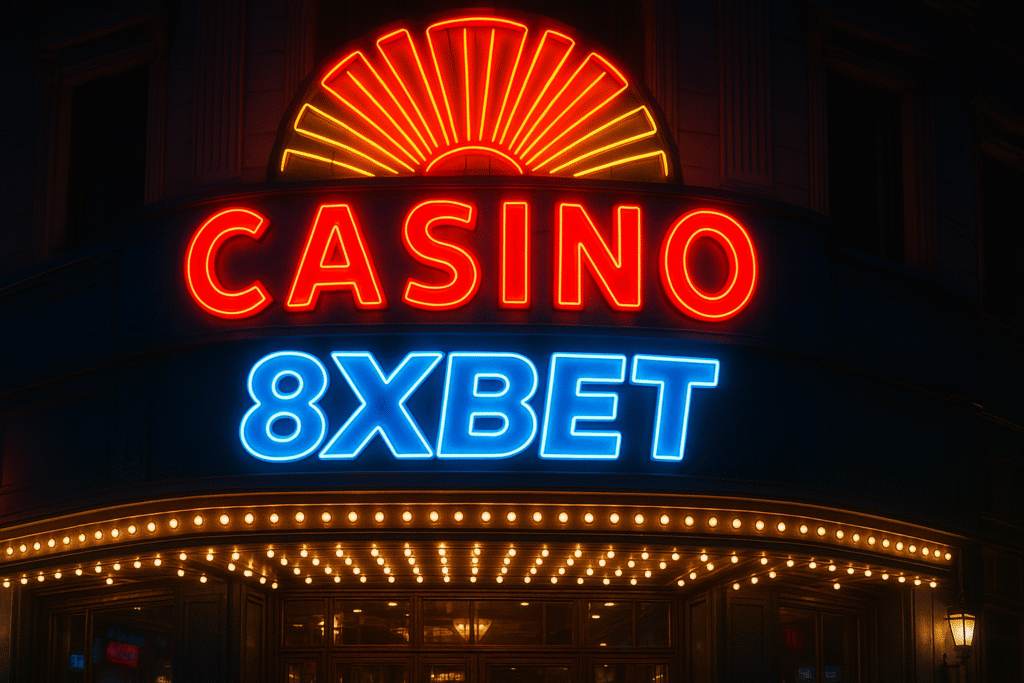
A common concern for many players exploring online casinos is whether the games are truly fair. Since outcomes are determined by software rather than physical cards or wheels players want assurance that they’re not being cheated. Platforms like 8xbet understand this and go to great lengths to maintain fairness through strict systems and regular audits that ensure games are random and trustworthy.
At the heart of fair gaming is the random number generator. This technology is used in most digital casino games such as slots and card games. The RNG is an algorithm that produces completely random results with each spin or shuffle. It ensures that no two outcomes are linked and that players can’t predict future results based on past events.
Trusted casinos use certified RNGs that are regularly tested by independent third-party agencies. These agencies include eCOGRA Gaming Labs International and iTech Labs. They assess whether the RNG works correctly and whether the game’s return to player rate matches what is advertised. This external verification adds a strong layer of credibility to online platforms.
Another important aspect of fairness is the transparency of game rules. Online casinos should clearly state how each game works what the payout structures are and what the odds of winning are. Players can review this information to understand the mechanics behind the game and make more informed decisions when choosing where and how to bet.
Many online casinos also publish their payout percentages for different games. These figures are based on actual game data and show how much money players typically win compared to what they wager. While these are average figures over time and do not guarantee short-term results they offer insight into the value each game provides.
To add another layer of trust some platforms use blockchain technology in their games. Blockchain allows players to verify game results independently since the outcomes are recorded on an open ledger. This method is still growing but shows promise in creating provably fair environments that can’t be manipulated by operators or players.
Live dealer games operate differently from software-based games. Since these are streamed from real studios with real dealers the fairness relies on the physical shuffle of cards or spin of a wheel. To ensure this process is legitimate cameras and production staff are in place to monitor every action. There’s no digital interference in these games which gives players the experience and transparency of a land-based casino.
Reputable platforms also commit to responsible gaming practices. They allow players to set loss limits wager caps and session timers which help users control their gameplay. This reflects a commitment to fairness not just in outcomes but in creating a balanced experience where players can enjoy entertainment without excessive risk.
Licensing also plays a big role in fairness. Only casinos that meet regulatory requirements from trusted authorities can operate legally. These regulators require strict standards for software integrity financial security and complaint resolution. Players can check the licensing details on the website to make sure they are dealing with a legitimate operator.
Maintaining fairness is essential to the long-term success of any online casino. It builds trust keeps players returning and strengthens the reputation of the platform. By using advanced technology independent testing and transparent practices today’s top platforms provide an honest and enjoyable experience for all users.